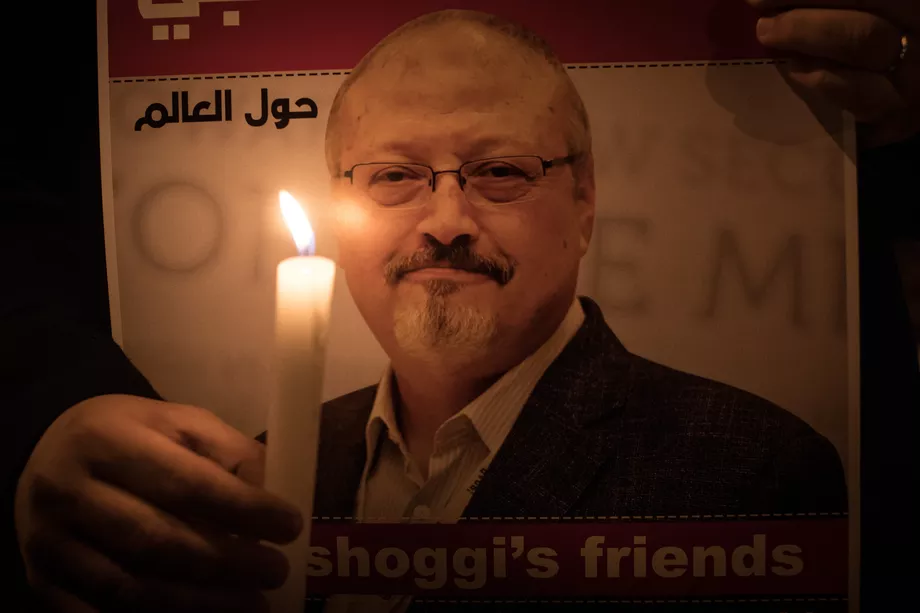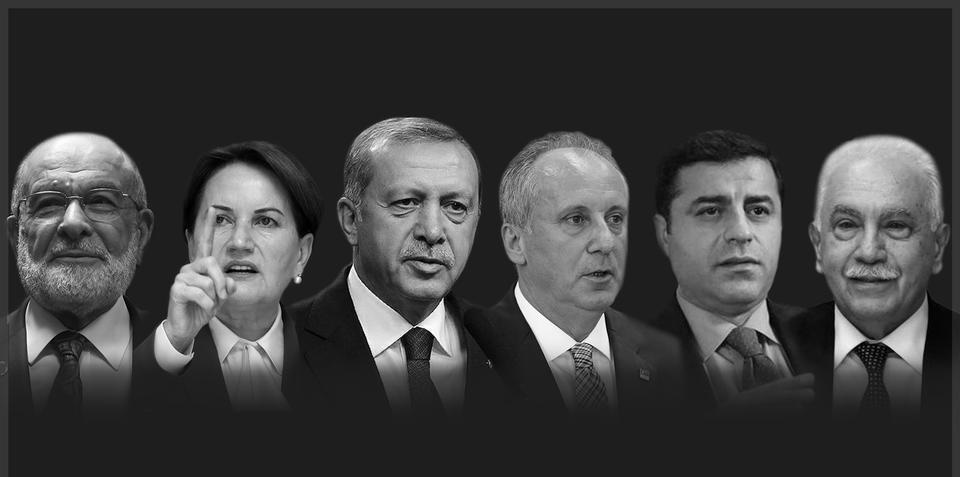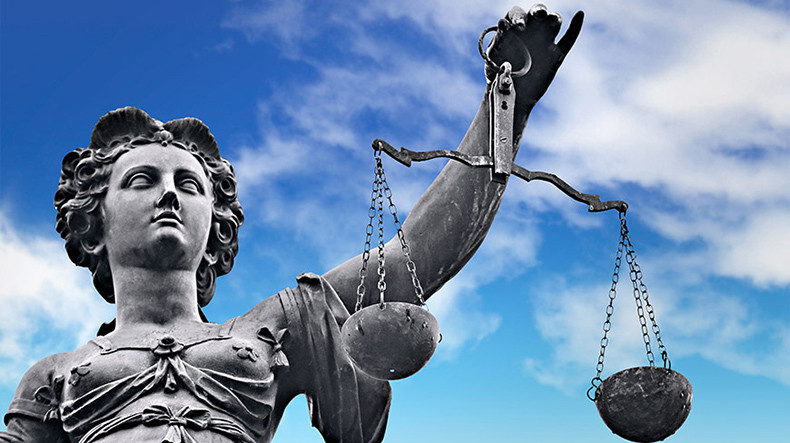[authorbox authorid=”27″ ]
[dropcap size=big]T[/dropcap]he murder of Saudi journalist Jamal Khashoggi by hitmen closely associated with Saudi Crown Prince Mohammad Bin Salman has stirred up feelings of horror and anger toward Saudi Arabia in a way that has little precedent.
President Trump, due to his family’s barely concealed financial love affair with the royal family, has been reluctant to criticize MBS in any meaningful way, other prominent American politicians have broken with their habit of slavishly defending the Kingdom and expressed outrage at the brutal extrajudicial killing.
Fanning the flames has been an unreticent Erdoğan, who has leaked information in a manner that has been extremely effective in inciting anger toward Saudi Arabia – the purpose being so that he can shore up badly needed American and European support for an increasingly isolated Turkey.
With Erdoğan’s efforts to feign horror at the killing of a journalist seemingly paying off, it is now more important than ever to keep in mind that Turkey under Erdoğan has become one of the world’s most dangerous places to be a journalist.
The documented numbers alone speak volumes at precisely how dangerous the business of journalism is in Turkey. According to a report by the Committee to Protect Journalists, a total of one third of the world’s imprisoned journalists are in Turkey alone – a statistic which is all the more sinister when one considers that other countries hostile to journalists, such as China, have significantly higher populations than Turkey.
Moreover, the vast majority of those journalists who are imprisoned have yet to receive a trial, a practice of the Turkish judiciary branch that has been intensified under Erdoğan, particularly in the wake of the failed coup attempt in July of 2016.
While Turkey has never been a particularly safe place to be a journalist, Erdoğan has taken what was already in a reprehensible state and worsened it exponentially.
Those who do end up facing trail cannot consider themselves any luckier. One of the most disturbing sentences in post-coup Turkey was that of Ahmet Altan, a prolific author whose political activism has made him no stranger to censorship.
Under ludicrous and utterly unsubstantiated charges of aiding the July 2016 coup attempt, Altan was sentenced to life in prison earlier this year.
Altan described the Kafkaesque nature of his trial in characteristically lucid prose; “While the defendants and their lawyers speak, the chubby, skew-eyed judge to the chief’s right leans back in his chair and looks up at the ceiling.
The lines of pleasure moving across his face suggest he is daydreaming. When he doesn’t seem to be daydreaming he leans his head on his hand and sleeps.
The judge on the left busies himself with the computer in front of him, continuously reading something…The chief judge, the one with eyes hidden beneath swollen eyelids, reads the decision: “Life without parole.” Of course, everyone including Erdoğan knows that Ahmet Altan had nothing to do with the coup attempt – he has simply been imprisoned because he is an inconvenient and outspoken critic of Erdoğan – much like Jamal Khashoggi was to Mohammad Bin Salman.
That Jamal Khashoggi was murdered in an extra-judicial manner is not exceptional within Turkey’s borders. Under Erdoğan, the murder or attempted murder of journalists has been a disconcertingly common occurrence.
Can Dündar, one of Turkey’s bravest and most prolific dissident journalists, has managed to weather just about any act of retaliation – be it judiciary or physical – which Erdoğan has thrown at him.
Initially earning the ire of Erdoğan due to his extensive coverage of the 2013 Gezi Park protests in Istanbul, Dündar narrowly escaped a lifetime prison sentence for uncovering a shipment of weapons from the Turkish state that were slated to cross the border into Syria and into the hands of ISIS and Al-Nusra Front, who were conveniently fighting the Kurds at the time.
Following the 2016 Coup Attempt, Erdoğan once again prosecuted Dündar on trumped up charges, but perhaps fearing that Dündar was too prolific to be imprisoned without an international outcry, sent a would-be assassin to silence him in a way that the court had been unable to do.
Dündar escaped with his life and has since fled Turkey, but considering that Erdoğan has not hesitated to assassinate his critics abroad, Dündar must remain vigilant if he wishes to avoid the fate of critics such as Khashoggi.
Serena Shim, an American journalist, was not as fortunate as Dündar. Shim courageously reported on the ground from the Turkish-Syrian border during the siege of Kobani in late 2014, when ISIS and the Kurdish YPG were engaged in a months-long siege that was, after a harrowing victory by the YPG, the beginning of the end for ISIS.
Much like Dündar, Shim was unafraid to investigate into the appallingly obvious signs that the Turkish state was shipping weapons to ISIS under the guise of humanitarian aid trucks. Fearing an international outcry, MIT, the Turkish intelligence agency, threatened Shim with charges of spying, and two days later, Shim was dead following a suspicious car crash that the Turkish state has, to this day, refused to investigate.
One could continue with many more paragraphs detailing the abuse, murder, or state negligence of journalists in Turkey.
There is Rohat Aktaş, a Kurdish journalist who was mysteriously shot and killed during a series of reprisals against Kurdish civilians in the city of Cizre in early 2016. Or take the infamous 2007 murder of Hrant Dink, an Armenian journalist who was unafraid to speak of the Armenian Genocide and was murdered by nationalists with tacit support from the local police as a result.
Indeed, the harrowing state of the safety of journalists in Turkey is a thoroughly depressing affair with no prospect of improvement on the horizon.
Given the incredibly hostile atmosphere that Erdoğan has fostered, is it any wonder that Mohammad Bin Salman chose Turkey as the country in which to commit his brutal act? For Erdoğan to take up the mantle of seeking justice for a murdered journalist is an egregious offense to the memory of Jamal Khashoggi, and an insult to those who have watched as Turkey continues its path on the long and lonely road of being the world’s most hostile country to journalists.
- Khashoggi , Journalism and Erdogan - 13/11/2018
- Turkey’s Christians Caught Between Trump and Erdoğan - 30/08/2018
- Istanbul Pride is too Big to Suppress - 16/07/2018



